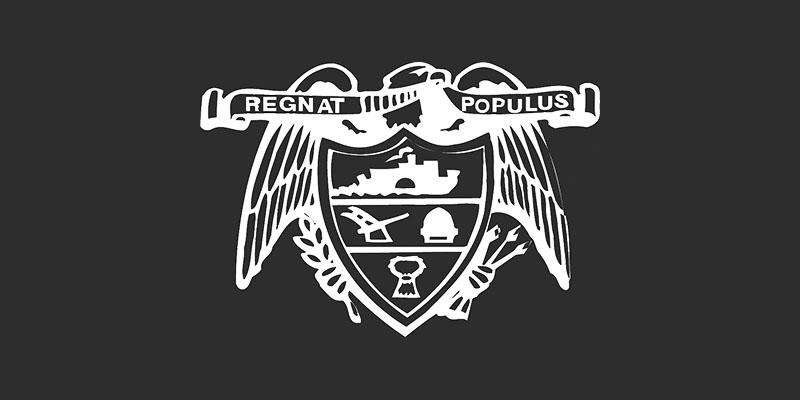The 1960s were a turbulent time. And Catholics in Europe have faced storms of drastic change that have left many tired or even cynical.
In 1969, one of Germany’s most promising theologians – a liberal Vatican II priest who later became a conservative – was asked what he saw in the future.
“What Saint Augustine said is always true – man is an abyss; what will come out of these depths, no one can see in advance,” Father Joseph Ratzinger told German radio. “Whoever believes that the Church is not only determined by the abyss that is man, but that she descends into the greater and infinite abyss that is God, will be the first to hesitate with her predictions .”
Ratzinger’s words rose to prominence in 1977 when he became Archbishop of Munich and soon became a Cardinal. Then Pope John Paul II appointed him prefect of the Vatican’s powerful Congregation for the Doctrine of the Faith, where his orthodoxy led liberals to call him “God’s Rottweiler.” In 2005, he became Pope Benedict XVI.
Catholics continue to meditate on his words from 1969: “Out of today’s crisis, the Church of tomorrow will emerge – a Church that has lost much. … As the number of its adherents diminishes, it will lose many of its social privileges. Unlike at an earlier age, it will be seen much more as a voluntary society, entered only by free decision. As a small society, it will require much more initiative from its individual members.
The future pope predicted a process of “crystallization” creating a “more spiritual church, not presuming a political mandate, flirting as little with the left as with the right. … This will make her poor and make her become the church of the meek.”
The retired pope celebrated his 95th birthday on April 16, Holy Saturday. In an earlier meeting with Jesuits, Pope Francis called his predecessor a “prophet” and cited Benedict’s predictions of a “poorer” and “more spiritual” church.
“Let’s prepare to be a small church,” Francis said, in remarks published in a Jesuit journal. “It’s one of his deepest intuitions.”
Indeed, German ecclesiastical trends are sending shock waves through Catholic life. Ratzinger’s words have become a double-edged sword.
Catholic churches in Germany lost 221,000 members in 2021. But that pandemic fallout was actually an improvement from 2019, when a record 402,000 Catholics reached the exits.
The decline may be consistent with elements of Ratzinger’s 1969 vision, but other German Catholic trends are more shocking. Consider these words from a recent “Out in Church” program organized by the Diocese of Limburg – which is led by Bishop Georg Batzing, head of the German Episcopal Conference.
In an online summary of the program, Catholic youth leader Eric Tilch said the Catholic hierarchy remains obsessed with homosexuality and should instead shift to accepting trans and intersex people and “other forms of love who are still in the dark”.
“I’m afraid the church is too attached to a family photo from the 1950s, meaning father, mother, child,” Tilch said. “There is so much more than that, for example hybrid families, changing relationships, polyamorous love.”
Meanwhile, a recent “Synodal Way” gathering of German Catholic leaders overwhelmingly backed a document titled “Blessing Celebrations for Loving Couples” as well as a “Masterful Reassessment of Homosexuality” text calling for modernizing Church teachings on chastity and LGBTQ concerns.
This sparked a “fraternal letter of concern” to the German bishops of a coalition – from four continents – which as of April 11 included 92 bishops, more than a dozen archbishops and four cardinals. Many signatories have close ties to Benedict.
The synodal process, as it unfolds in Germany, has already caused confusion around the world, creating “a potential for schism in the life of the Church,” the letter says.
“The need for reform and renewal is as old as the Church itself. … Yet Christian history is littered with well-meaning efforts that have lost their foundation in the Word of God, in faithful encounter with Jesus Christ, in a true listening to the Holy Spirit, and in the submission of our wills to the will of the Father.”
The vision emerging in Germany, the coalition said, could lead to “precisely such an impasse”.
Terry Mattingly runs GetReligion.org and lives in Oak Ridge, Tennessee. He is a principal investigator at the Overby Center at the University of Mississippi.

